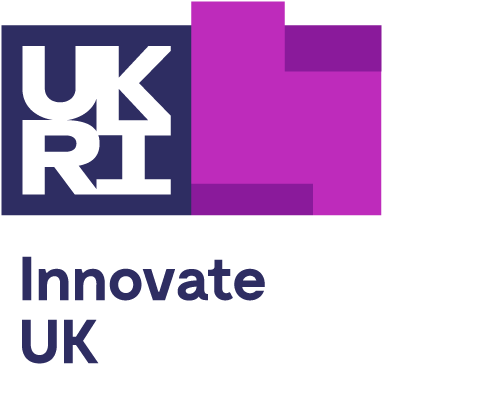Since 1975, Knowledge Transfer Partnerships (KTPs) have been helping businesses and organisations innovate for growth. They are unique collaborative partnerships between businesses and universities, colleges, research organisations and Catapults. KTPs create positive impact and drive innovation.
There are different types of KTPs, each addressing a specific need:
- classic KTPs: help build better products and services
- management KTPs: help build better businesses
- third sector and charity KTPs: help create more robust income streams
- public sector management KTPs: help UK’s public services to innovate and improve their services
Each KTP addresses a specific challenge and enables the transfer of knowledge, technology, and expertise from the academic partner to the business or organisation.
Funded by Innovate UK and the partner business or organisation, the program provides support for a partnership, including the placement of a highly qualified graduate, known as a KTP Associate, within the business for a period of 12-36 months.
The KTP Associate works with the business to implement innovative solutions to identified business challenges, using the knowledge and expertise gained through their academic training.
The academic partner provides support and guidance to the KTP Associate throughout the project. The business benefits from the transfer of knowledge and expertise, as well as access to new technologies, specialist facilities and technical expertise.
KTPs have been shown to be highly effective in driving innovation and growth and are a valuable tool for businesses and organisations seeking to stay ahead of the curve in today’s rapidly changing economic landscape.
You can get a better understanding of the types of projects we have previously supported on our Insights page.
Knowledge Transfer Partnerships (KTPs) are successful. Between 2010-2020 KTP generated over £2 billion for the UK economy though the projects it supported. Right now, around 800 businesses, 100 knowledge bases and over 850 graduates are involved in KTPs.


